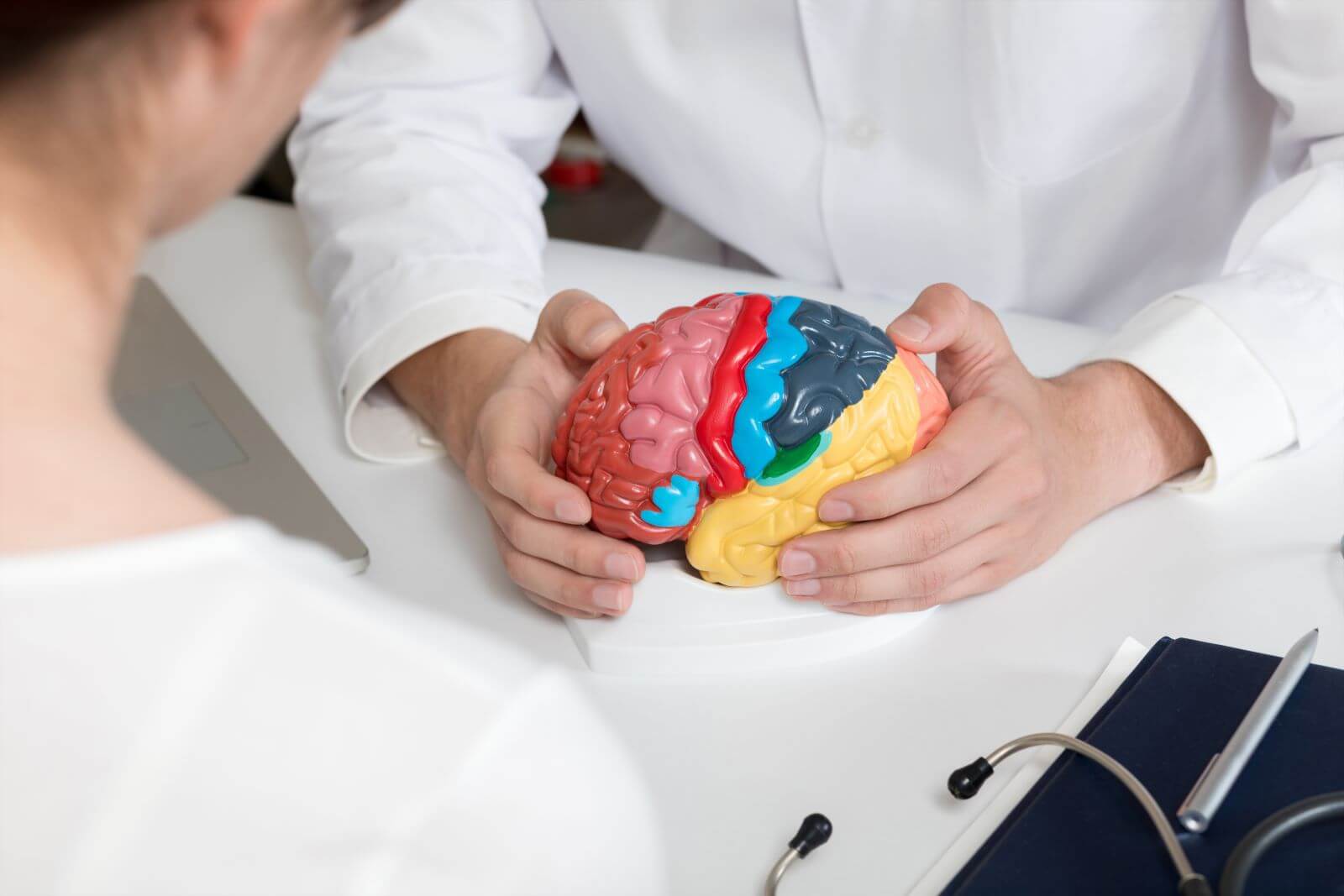
- How Spending Time Outdoors Enhances Hearing Health - July 16, 2024
- Exploring the Impact of Sports on Hearing Health - July 3, 2024
- The Impact of Diet on Hearing Loss - June 28, 2024
We walk through the world most days without giving a second thought to how we are standing upright. However, there is more to it than we may first suspect. Our brain is at the center of all of this, communicating through all the different systems of the body including the eyes, muscles, joints bones and yes even our ears. Many people are surprised at the role of the ears in our everyday balance, but once you understand how balance and hearing work, it makes a lot of sense.
Staying Balanced
Balance requires a lot of cooperation from so many parts of the body. However it can be broken into three central systems which transmit sensory information to the brain and keep us from just falling on our face every day.
- The skin, joints, and muscles
- The eyes
- The ears
The Locomotor System
When all goes well, we may not give it a second thought but it’s a lot of moving parts! The skin, the joints, and the muscles make up what is known as the locomotor system, also known as the musculoskeletal system. More specifically this system consists of the skeleton, skeletal muscles, ligaments, tendons, joints, cartilage, and other connective tissue. This system contains nerves which are constantly communicating with the brain about position and reacting in seconds to keep us upright in all sorts of situations. The brain collects information from the locomotor system and cross references that with information about the world, such as temperature, altitude and incline of the ground beneath us and sends signals back to the body in order for us to react in microseconds!
The Eyes
Another important key of the balance system is our sight; however, we know that even when this sense is diminished, we don’t just fall over. Still, we rely on our eyes to scan the horizon as we observe interplays between the various parts of the body and the earth’s gravitational force. We are constantly organizing and integrating information from the eyes to keep us from tripping, running into things and compensating for various inclines as we walk and sit.
The Hearing System
Our hearing is a vital sense which connects us to the world. We hear sounds around us and localize their proximity as well as their approaching speed. When our hearing is diminished due to hearing loss, we are more likely by at least 50 percent, of falling or suffering accidents. However, there is more to how our hearing affects balance. The ears also contain a vital mechanism for alerting the brain to pressure and position changes: the vestibular system. Alongside the ear canal leading to the cochlea is the vestibular system. A labyrinth-like, fluid filled organ, full of sensory nerves which report the angle and level of our head position based on the tilt of the contained fluid.
Hearing Loss and Balance
The cochlea works similarly, in which sound waves are received by the fluid within, transmitting the vibrations via tiny hair-like cells to the brain. The most common type of hearing loss making up 90 percent of cases is sensorineural, which pertains to damage of these hair-like cells. When these cells become damaged, they interrupt the delivery of sound from the ears to the brain. This not only diminished audio information but decreased the ability for us to hear clues of our environment. Our reaction time is decreased to warning sounds, making us more prone to accidents. In addition, hearing loss may impair equilibrium, often making people less stable on their feet.
Because the two systems are side by side, an issue with one, can denote issues with another. For instance, a common issue with the vestibular system occurs when calcium crystals end up in the wrong position inside the inner ear, compelling the vestibular system to wrongly report to the brain that your head is moving when it is, in fact still, causing vertigo and dizziness.
Treating Hearing Loss Improves Balance
While there is no way to reverse hearing loss it can be treated using hearing aids. These devices amplify sounds around you, making you more alert and aware in your environment and allowing you to “stay quick on your toes”. If you suspect you have a hearing loss, don’t hesitate to contact us today to find out what we can do to keep you safe and healthy with amplified hearing, for years to come.
